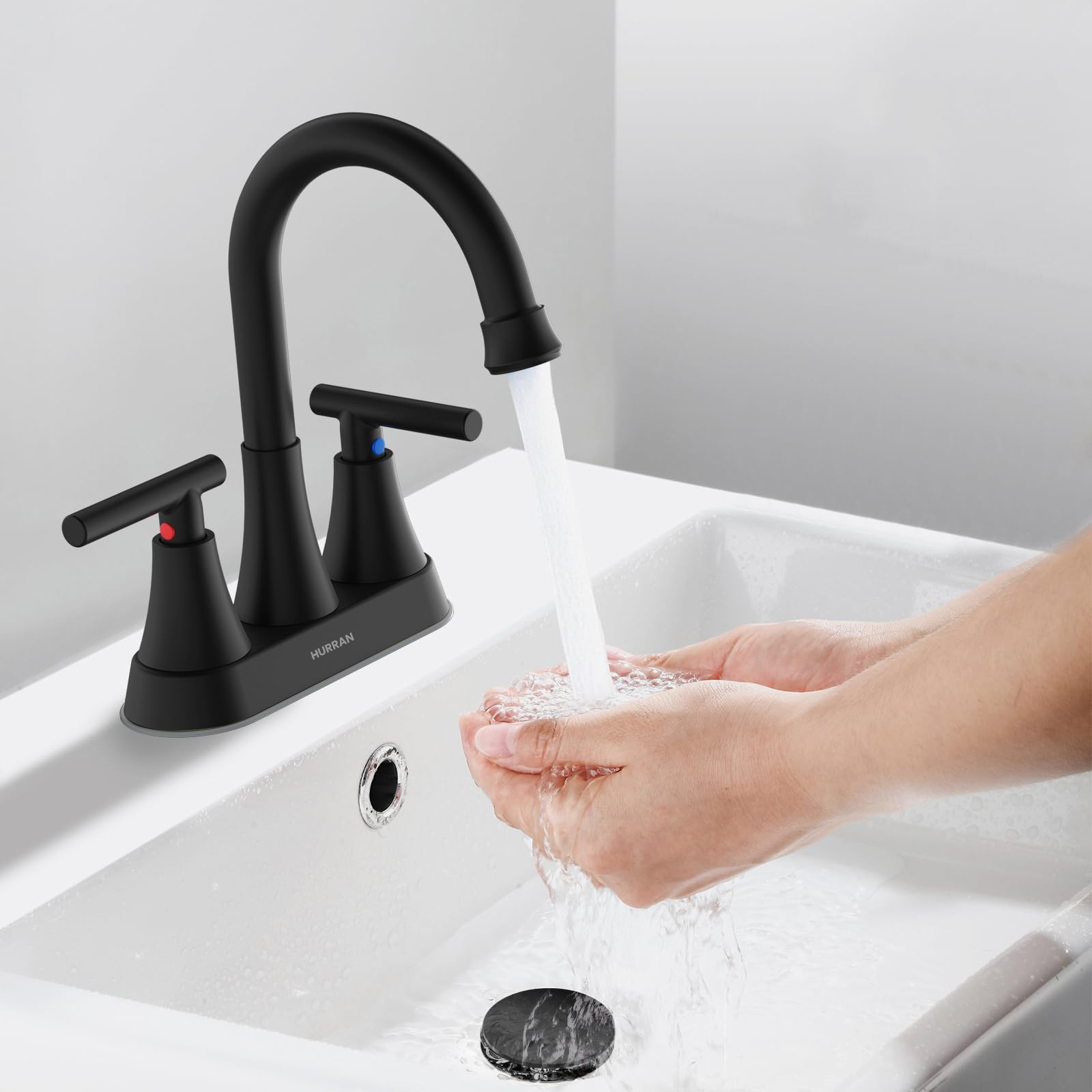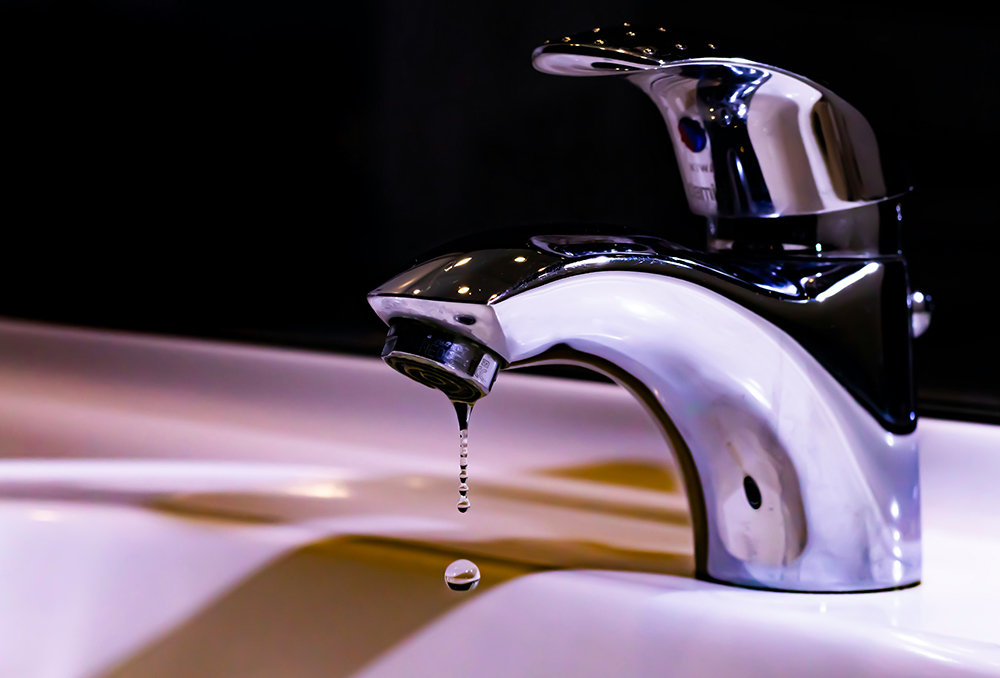How to Select Water-Efficient Faucets for Industrial Use In industrial settings, selecting the right faucets is essential for effective cost and environmental management as well as operational efficiency. This article digs into the contemplations and steps associated with picking effective water-saving spigots customized for modern applications, meaning to streamline asset usage and upgrade maintainability.
Because they have a direct impact on production efficiency and water consumption, faucets are an essential piece of equipment in industrial settings. Understanding their functional requirements, durability, and water-saving capabilities are all important considerations when selecting industrial-grade water-saving faucets,best practices for choosing water-saving faucets in industrial environments.
Use Faucets Are Needed in Specific Ways in Industrial Environments:
- Strength Requirements: Materials that are resistant to wear and corrosion are required for faucets because they must withstand high-pressure water flows and frequent use.
- High Demands for Flow: Certain modern cycles require fixtures equipped for conveying high-stream rates to supply guarantee fast water.
- Temperature and Tension Resistance: Spigots might have to deal with high-temperature or high-pressure water streams, requiring relating temperature and tension opposition abilities.

Selecting faucets with water-saving technologies is essential for enhancing efforts to conserve water and reducing resource consumption:
- Water Proficiency Standards: Check to see if products meet regional or international water efficiency standards.
- Technologies and Principles for Conserving Water: Comprehend the functional standards of different water-saving advancements, for example, pneumatic water-saving valves or programmed sensor spigots, which actually control water stream and limit wastage.

While buying fixtures for modern use, think about the accompanying key elements:
- Selection of Materials: Focus on materials like stainless steel or copper for their erosion opposition and solidness.
- Stream Control Requirements: Choose faucets that can handle the flow required by industrial processes to make sure you have enough water without using too much.
The advantages that efficient water-saving faucets offer for the economy and the environment are as follows:
- Cost Savings: Reduced water use results in lower water bills and a longer equipment lifespan, both of which lower overall costs.
- Environmental Security: It is in line with corporate social responsibility and sustainability objectives to use as little water as possible.
Choosing industrial-specific water-efficient faucets is essential for boosting production efficiency, cost control, and environmental stewardship. Consider the economic viability, product durability, water-saving efficiency, and supplier dependability and support when making purchasing decisions.
By implementing the aforementioned insights and recommendations, you will be able to select and employ effective water-saving faucets in industrial settings with confidence, contributing positively to the sustainability efforts of your company.